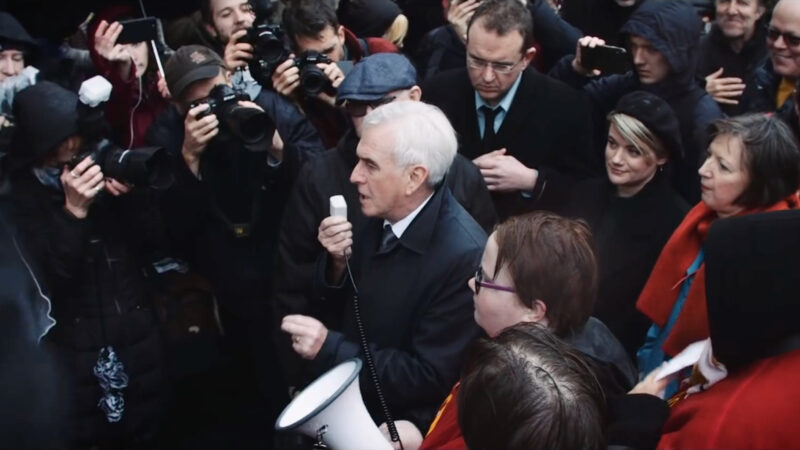
There is a change in the air, a new wave of radicalism sweeping through the trade union movement; a wave of radical New Unionism. It has been at the heart of the growth of a number of smaller campaigning unions and is impacting upon many of the major trade unions.
It represents a reaction of members in a number of unions to a perceived bureaucratisation of their union. The full-time apparatus in some unions are seen as having an iron grip on the levers of power within the organisation, stifling democratic decision making by lay members and restraining their members’ willingness to mobilise and campaign.
Years of the “quiet life” approach, of “servicing” the members rather than taking the lead in organising them to secure improvements in terms and conditions, has led to the suppression of attempts by union members to campaign, except in its mildest and most ineffective forms. Industrial action is deterred at all costs. Bids by members for support for action are treated with defeatist cynicism. Members are obliged to jump through hoops to secure agreement for strike ballots while in some unions leading full-time officials pride themselves on not being ‘that sort of union’.
It’s hardly surprising that the wages of the members of these passive, bureaucratically controlled unions have been frozen and cut, their pensions robbed and many of their jobs privatised. One very experienced UNISON activist pointed out that despite 20 years of paying lip service to the fight against low pay, the position of the lowest paid UNISON members had actually declined.
This wave of radicalism reflects also a loss of confidence in the political route to improving the lives of working people with the election defeat of Labour in 2019. Keir Starmer’s retreat from the policy programme upon which he was elected leader has also contributed, with trade unionists no longer relying upon Labour adopting a radical pro-union agenda anytime soon.
Central to New Unionism is the resurgence of rank and file activity and engagement in their union. After years of austerity, with wages often still below wage levels of a decade ago and the growth of casualised, insecure work, trade union members are increasingly looking to their union for protection and support.
The recent election of a majority of radical left activists to UNISON’s national executive committee reflects the desire of members to have a more effective union response to the challenges they face. These are the public service workers who carried the country through the pandemic, rewarded with a clap on the doorstep and a cut in pay as below inflation wage settlements are imposed on them.
The sight of rule-breaking politicians lining the pockets of family and friends with Covid contracts has only served to exacerbate existing feelings of injustice and unfairness amongst them. Low-paid UNISON members won’t believe that a decent pay settlement – one that would prevent them having to rely on the food bank – is too much to ask for.
In some unions, the officials have responded enthusiastically to the challenge their members have set them and, in some instances, like Unite’s Sharon Graham, UCU’s Jo Grady, CWU’s Dave Ward and PCS’ Mark Serwotka, they have led this activist resurgence. There is a great deal to be learned from the creative approach to organisation employed by some of the smaller unions, which combined with the industrial weight of the big trade union could shape the future direction of the labour movement.
Numerous industrial disputes have broken out across the trade union movement, from the college lecturers in UCU to RMT’s London Underground workers, from PCS members successfully striking in the Royal Parks to Unite beating off fire and rehire tactics of employers across the economy.
In some other unions, and some point to UNISON as an example, there has been resistance to change and every obstacle thrown up to prevent the redirection of the unions’ approach to reflect members’ wishes. Nevertheless, the group of lay officials elected to UNISON’s national executive under the banner of ‘Time for Real Change’ are determinedly and successfully asserting the democratic primacy of the union’s members.
Each victory over recalcitrant trade union bureaucrats or exploitative employers not only heralds the emergence of New Unionism, but inspires its dynamic spread. New Unionism has arrived – and in the nick of time for many working-class people.




More from LabourList
Which ministers have done the most and fewest broadcast rounds in year one?
‘Welfare reforms still mean a climate of fear. Changes are too little, too late’
Welfare bill: Which MPs are still voting against reforms?